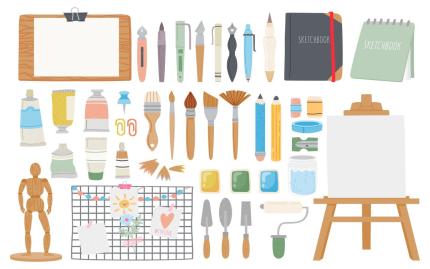Fighting for Accessibility
A small town library has begun incorporating accessibility into all programs.
A small town library has begun incorporating accessibility into all programs.
An "untraditional" library offers a variety of the basic and not-so-basic needs of a community.

The Sheep to Sweater Series started with a trip to a sheep farm and continued with knitting and dyeing.
Do you share library program outcomes with local elected officials? Read how to strengthen relationships with these stakeholders.
As a librarian, you already deal with a lot. What tools do you need when a stressful situation arises?

Divert art materials from landfills and encourage environmental-friendly crafts.
Partnerships with local businesses, nonprofit or civic groups increase the reach and impact of library efforts.
This Hawaii library helped its community regain trust in leadership through engaging conversations.
A Texas library stepped in with resources when people in the community struggled with mental health.
Libraries are constantly adding programs to better fit community needs. Hear from two libraries that recently switched up their programs.